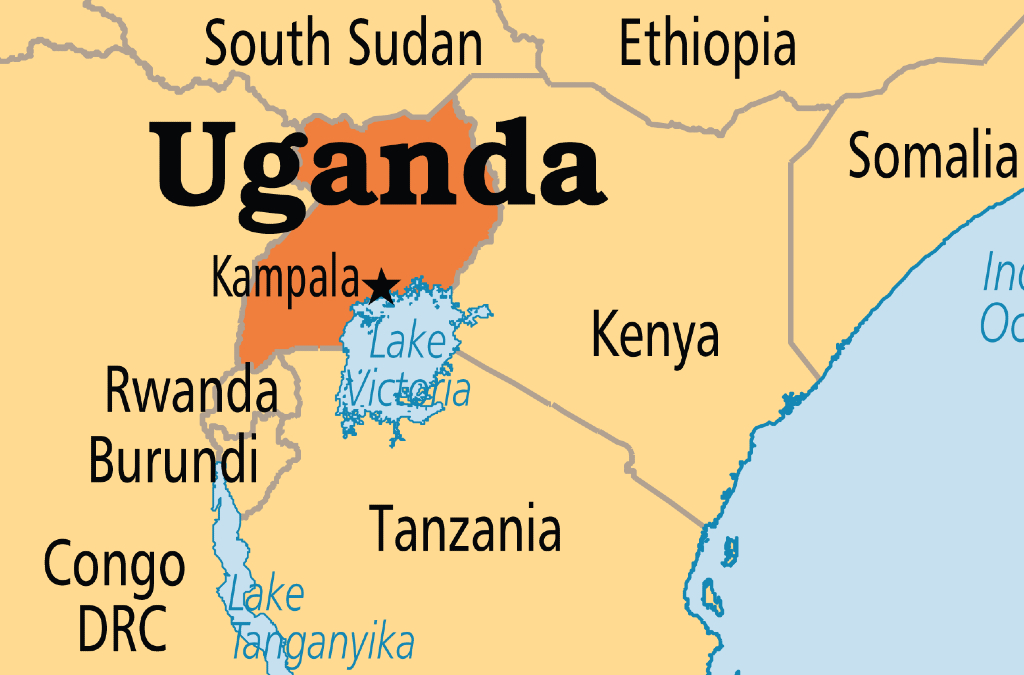Owusu on Africa
Uganda’s Strategic Role in Shaping Security Across East, Central, and Horn of Africa


By Fidel Amakye Owusu
Strategically located at the crossroads of these regions, Uganda plays an indispensable role in maintaining regional stability. Despite being landlocked, Uganda connects Central Africa’s Democratic Republic of Congo (DR Congo) with East Africa (via Kenya) and the Horn of Africa (through South Sudan), and shares a border with Tanzania, a Southern African Development Community (SADC) member state.
These geopolitical ties place Uganda in both the Intergovernmental Authority on Development (IGAD) and the East African Community (EAC), making it a key player in regional security and cooperation.
For decades, Uganda has been deeply involved in the conflicts of its neighbors, whether as an interventionist, peace broker, host for rebel groups, or recipient of refugees. The role of Uganda has been especially prominent under President Museveni, who took power in 1986.
During South Sudan’s struggle for independence from Sudan, Uganda supported the South, becoming a critical conduit for resources to rebel forces. Uganda has also periodically intervened in the resource-rich DR Congo, most recently to combat the resurgence of rebel groups.
Military Contributions and International Alliances
Uganda’s military contributions have extended beyond its borders, with the country playing a central role in the international efforts against the al-Shabaab militant group in Somalia. Uganda has contributed the largest number of forces to the African Union Mission in Somalia (AMISOM) and continues to maintain a significant military presence there.
In addition to its regional security role, Uganda has cultivated strong relationships with global powers, particularly Western nations, which have provided substantial military, economic, and humanitarian aid. The United States and European countries recognize Uganda’s potential as a pivotal inter-regional player.
Despite these strong ties, Uganda has also built relations with China, notably in the area of arms production.
However, Uganda’s international standing has been complicated by concerns over human rights abuses and the suppression of political dissent, with critics drawing parallels to Western support for authoritarian regimes during the Cold War. Nevertheless, Uganda’s geopolitical significance ensures its continued role in shaping the future stability of the Horn, East, and Central Africa regions.
In sum, Uganda’s presence in the DR Congo and South Sudan is a product of its strategic location, historical involvement in regional conflicts, and its alliances with both Western and Eastern powers, positioning it as an influential security actor in the region.
Fidel Amakye Owusu is an International Relations and Security Analyst. He is an Associate at the Conflict Research Consortium for Africa and has previously hosted an International Affairs program with the Ghana Broadcasting Corporation (GBC). He is passionate about Diplomacy and realizing Africa’s global potential and how the continent should be viewed as part of the global collective.

